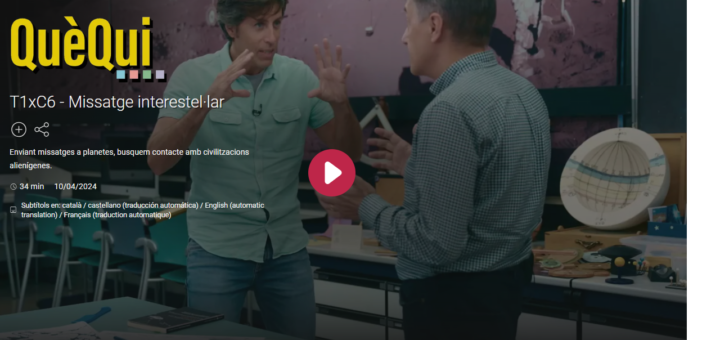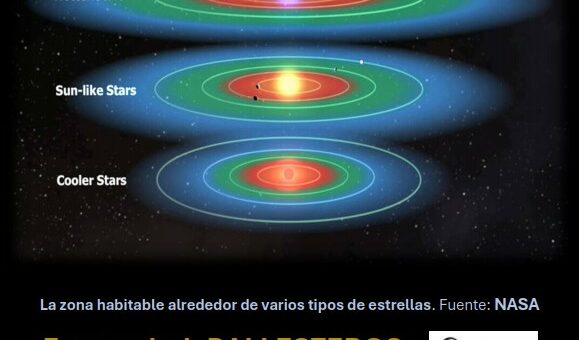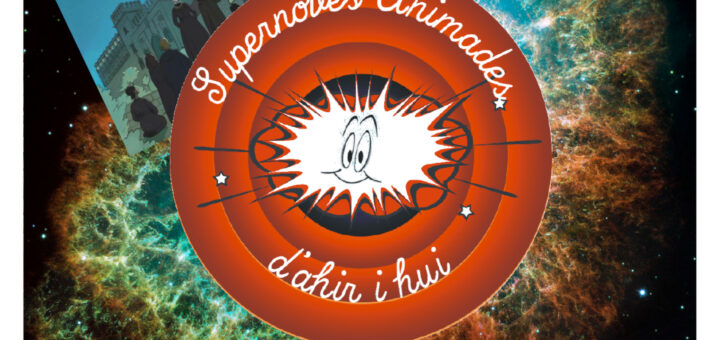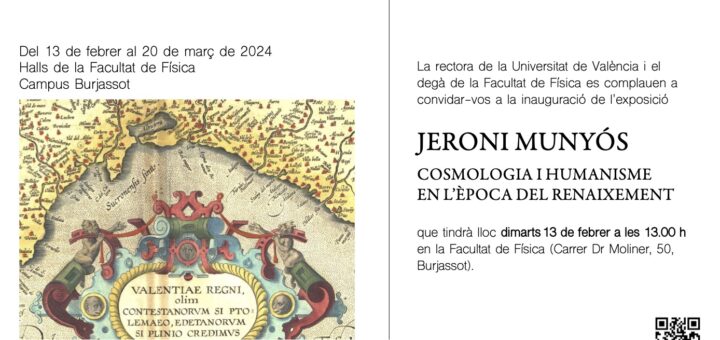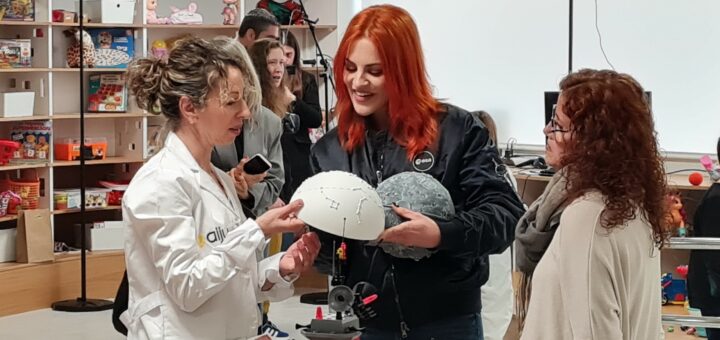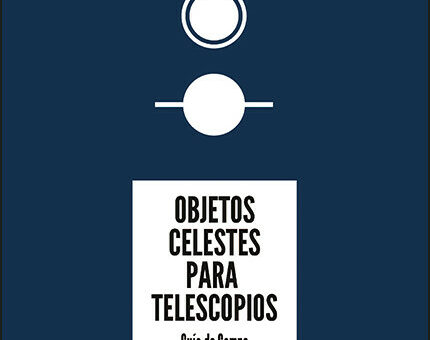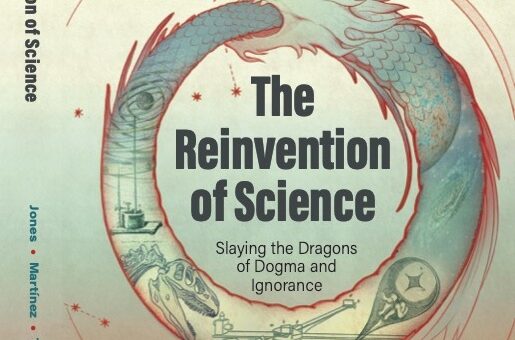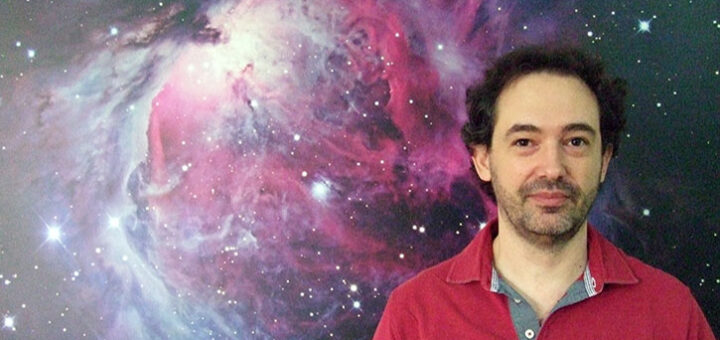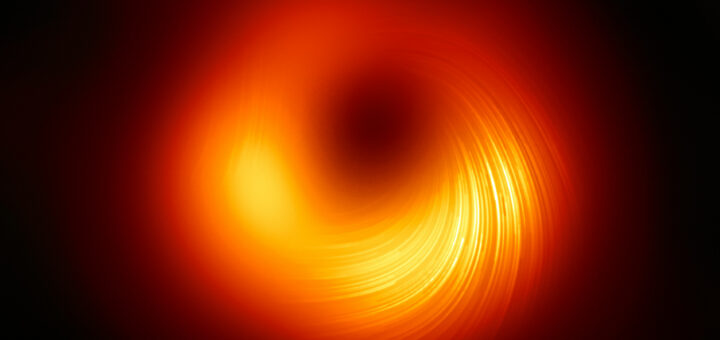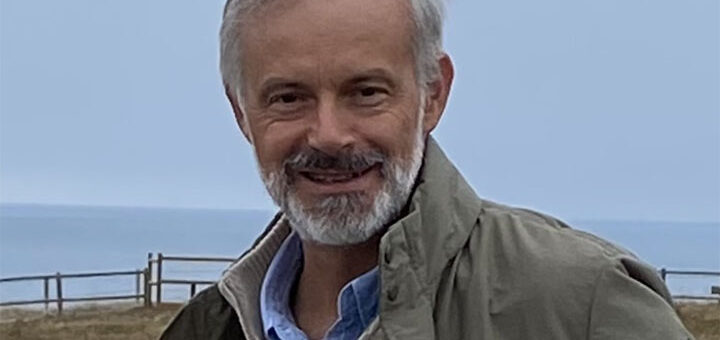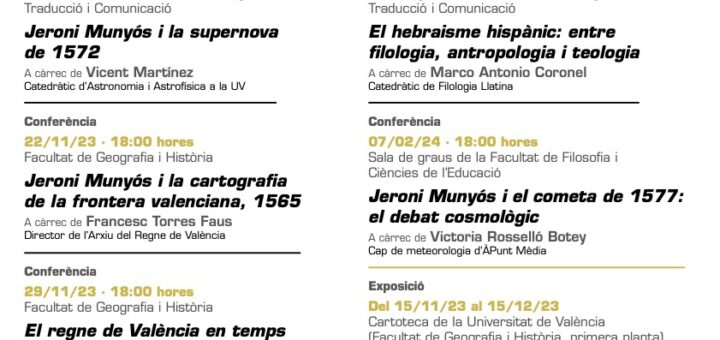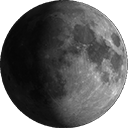(Español) Presentación de la colección “Urania” en la 59 feria del libro de València
(Español) El próximo día 30 de abril, a las 17:30h se presentarán los libros “AstronautA “de Amelia Ortiz Gil, “El Universo a vista de pájaro de Mariano Moles” y la “Historia de la tecnología a través de 20 objetos” de Pedro Ruiz Castell. Estos son algunos de los títulos más recientes de la colección Urània, dirigida por Vicent Martínez García y publicada por la Institución Alfons el Magnànim. La presentación tendrá lugar en l’Espai Caixa Popular (carrer de Cavanilles, 1) y participarán en ella los autores, el director de la colección y la profesora Beatriz Ramírez Velado, del Observatori Astronòmic de la UV.

